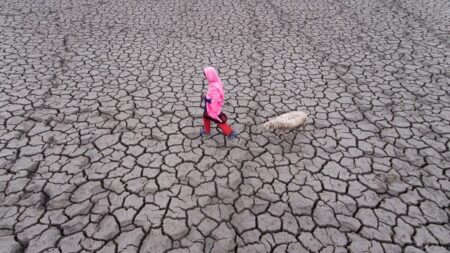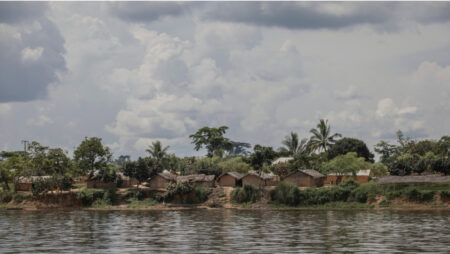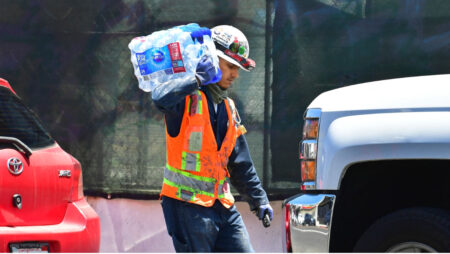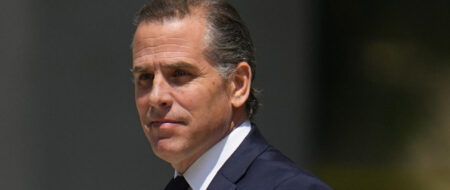Currently, Climate Change is the greatest threat to humankind. The rising temperature will thrust humans and nature towards a time where the experience to live on earth would be catastrophic. Global warming, severe drought, and flood, heat waves, forest fires, sea level rise ultimately will lead to mass extinction of species.
The cause for climate change is nothing but human activities of using fuels such as coal, oil and gas that releases greenhouse gases in the atmosphere leading to the trap sun’s heat resulting in increasing global heat.
What is COP26?
COP’s full form is the Conference of the Parties, and the United Nations established it in 1995. The UK, in collaboration with Italy, will host COP26.
It is the 26th gathering set to take place between 31st October and 12th November in Glasgow.
This conference gathers world leaders, ministers, scientists, negotiators and experts from business, civil society and media, for addressing climate change and followed by taking necessary steps to keep the global temperature stable.
Previously in Paris Agreement, a treaty was signed by almost all countries to keep the global temperature below 2C or ideally 1.5C.
Importance of COP26
The Intergovernmental Panel on Climate Change (IPCC) is a body of the UN. They are responsible for Assessment Reports about the state of scientific, technical and socio-economic knowledge on climate change, its impacts and future risks, and alternative ways for reducing the rate at which climate change is taking place.
The IPCC Working Group I sixth assessment report IPCC observed that global temperature would rise to 1.5C in the next two decades.
It is still possible to keep the temperature under 1.5C by the end of the century, but it will require some transformational change. These reports by IPCC are solid because of the strong understanding of climate science.
The recent climate changes are causing floods in Germany, Belgium, China, melting of Ice-sea in Antarctica as big as the size of a country.
COP26 is expected to be scientific and technical with respect to its flow of announcements. The top four goals of COP26 are
- To achieve global net-zero while keeping the global temperature at 1.5C.
- To protect communities as well as natural habitats from the impact of climate change.
- Mobilisation of finances.
- Work together with member states to list out the rules to help in the fulfilment of the Paris agreement.
Some of the announcements that we might hear during the conference are
- Switch to electric cars for less emission of gas
- Finding ways for phasing out of fossil fuel
- Tree plantation
- More use of solar panels
At the end of the conference, every member country will sign up and pledge against the commitments to fulfill them. This declaration will be expected thousands of by campaigners, protesters, rebellious groups, and media worldwide.
Funds
Fighting a war is costly, and fighting Climate Change is also war and needs funds. Since it is a collective effort, every country has to share its part, but middle and low-income countries face a financial burden.
The developed countries agreed to raise $100 billion each year for the climate fund. But the goal is not achieved yet.
According to data from Organisation for Economic Co-operation and Development (OECD), $79.8 billion was raised by developed countries.
At United Nations General Assembly (UNGA) in New York, the UN Chief and UK’s Prime Miniter Boris Johnson urged the wealthy nations to contribute more funds to reach the $100 billion goals.
Who will attend the conference?
US President Joe Biden and a delegation including climate envoy John Kerry, UK’s Queen Elizabeth, Prince Charles, and Prince William, Australia PM Scott Morrison, Israeli Prime Minister Naftali Bennett, Turkey President Recep Tayyip Erdogan has announced to attend.
France President Emmanuel Macron, Canadian Prime Minister Justin Trudeau are expected to attend.
China’s Xi Jinping and India’s Prime Minister Narendra Modi have yet to confirm their attendance. As a matter of fact, these two countries are the largest carbon-emitting nations in the world.
An Individuals Duty
With all the significant changes across the world, small changes are also an integral part. An individual taking fewer flights, using an electric car, buying energy-efficient products are expected to contribute towards better half of climate change. These small actions are absolute keys to the bigger picture.
On Success
Some of the most immediate options for countries to stop carbon emissions are switching to solar, wind, and nuclear power instead of coal, using electric cars, busses, and train services to reduce emissions in flights and shipping industries.
Governments should open campaigns for spreading awareness about global warming, plantation drive every few months, food security, etc.
According to John Kerry, US climate envoy, Glasgow is the last best hope to listen and implement the activities as scientists say to avoid the worst consequences of climate.












